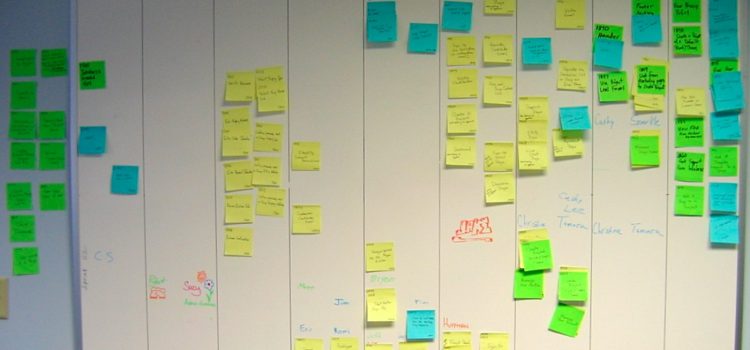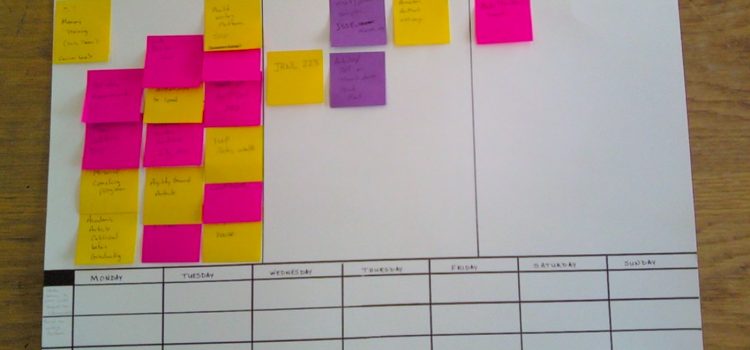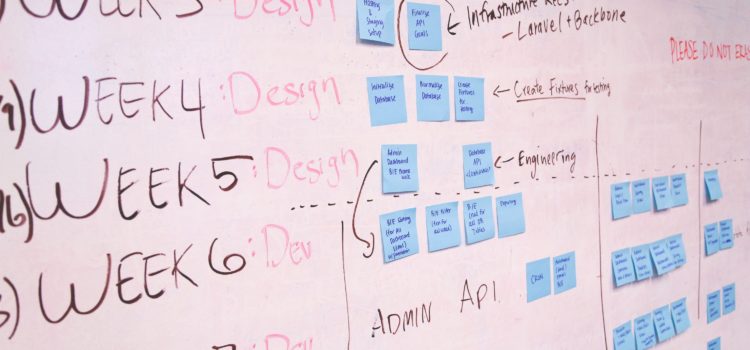Do you experience a lot of setbacks while working? How could kanban benefit you? In Personal Kanban, Jim Benson and Tonianne DeMaria argue that kanban offers advantages that other productivity systems can’t. These benefits include transparency, prioritization, and adaptability. Find out more about the benefits of kanban.
The 4 Benefits of Kanban + Why It’s Better Than a Checklist










